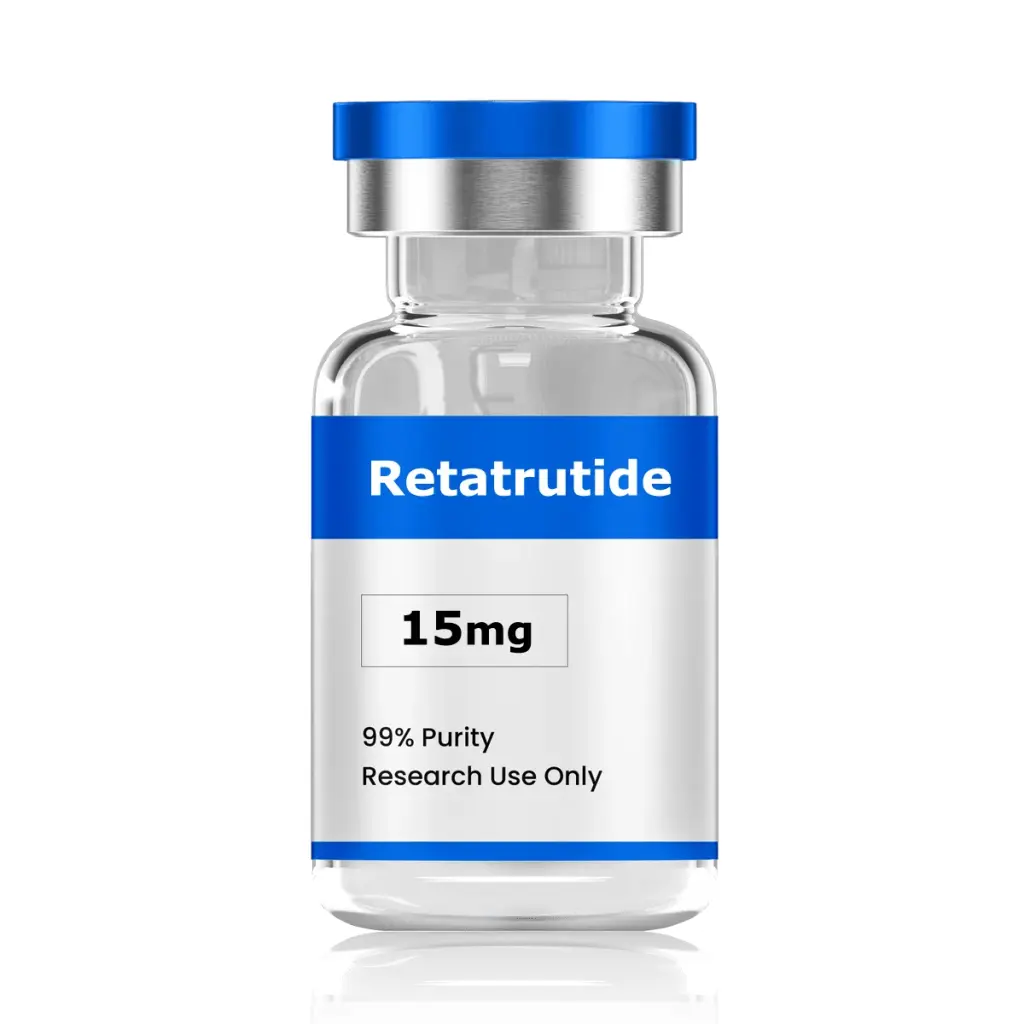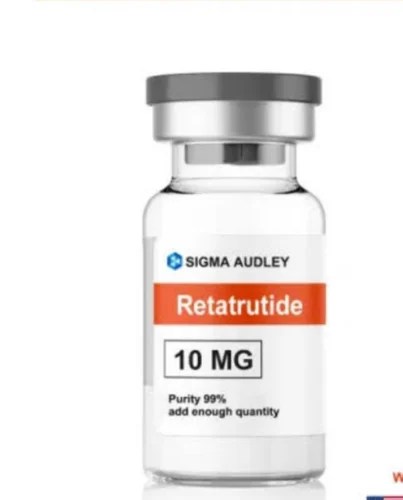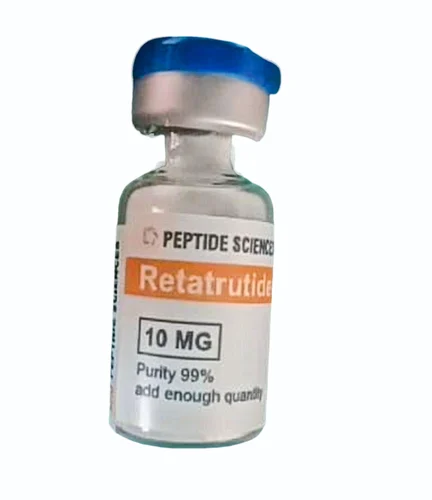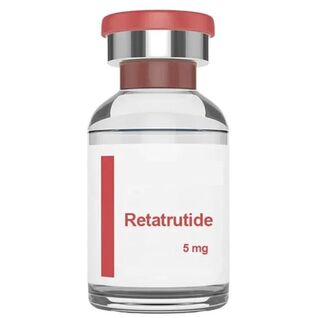Description
A Novel Therapy for Uncontrolled Hypertension Hypertension, a silent killer, affects millions of people worldwide, increasing the risk of heart disease, stroke, and kidney disease. Despite the availability of various antihypertensive medications, many patients struggle with uncontrolled blood pressure, leading to devastating consequences. In this context, Retatrutide, a novel peptide therapy, has emerged as a beacon of hope for individuals with resistant hypertension. Retatrutide is a 12-amino acid peptide that acts as a selective inhibitor of the apoA-I binding protein, a key player in the regulation of blood pressure. By inhibiting this protein, Retatrutide reduces the production of aldosterone, a hormone that contributes to hypertension. This mechanism of action offers a unique advantage over traditional antihypertensive medications, which often have limited efficacy in patients with resistant hypertension. Clinical trials have demonstrated the efficacy and safety of Retatrutide in reducing blood pressure in patients with uncontrolled hypertension. In a Phase II study, Retatrutide significantly lowered systolic blood pressure by an average of 10 mmHg compared to placebo, with a promising safety profile. These results are particularly noteworthy, given that many patients in the study had failed to respond to multiple antihypertensive medications. The potential benefits of Retatrutide extend beyond blood pressure control. By reducing aldosterone levels, Retatrutide may also slow the progression of organ damage, such as cardiac remodeling and nephropathy, which are common consequences of uncontrolled hypertension. Furthermore, Retatrutide’s novel mechanism of action may provide an opportunity for combination therapy with existing antihypertensive medications, potentially leading to more effective blood pressure control. In conclusion, Retatrutide represents a promising new approach to the management of uncontrolled hypertension. Its unique mechanism of action, efficacy, and safety profile make it an attractive option for patients who have exhausted traditional treatment options. As research continues to uncover the full potential of Retatrutide, it may become a valuable addition to the armamentarium of healthcare providers in the fight against hypertension.








